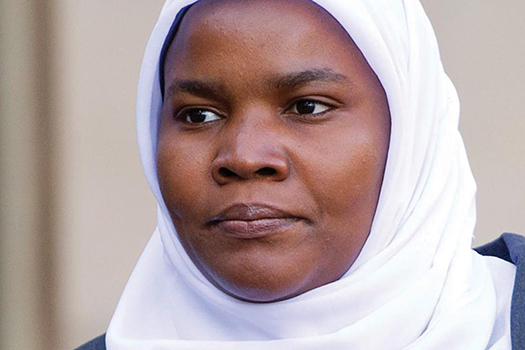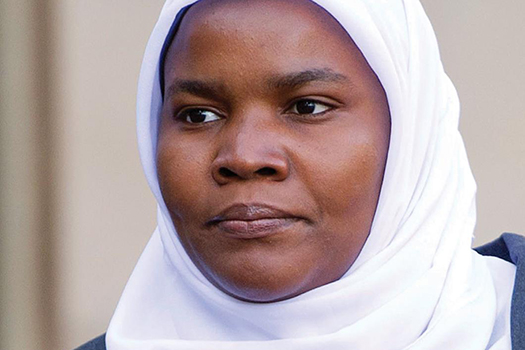Pulse 2018 review: Bawa-Garba vs the GMC


online edit dr hadzia bawa garba
If one name has teetered on the tongue, and in the conscience, of every UK doctor this year, it’s that of Dr Hadiza Bawa-Garba.
In January, an astonishing turn of events that shook the medical profession to its core saw the GMC attempt to strike Dr Bawa-Garba off its register – a decision sanctioned by the High Court.
This followed her criminal conviction for gross negligence manslaughter two years earlier, after the death of six-year-old Jack Adcock at Leicester Royal Infirmary in February 2011.
A series of conspiring circumstances, systemic errors and organisational failures had contributed to Jack’s preventable death from sepsis. And quite simply – in the eyes of the profession – Dr Bawa-Garba was scapegoated.
But the High Court’s involvement in the case was itself unprecedented.
Having dismissed the GMC’s original request to strike Dr Bawa-Garba from the register, the regulator’s Medical Practitioners Tribunal Service (MPTS) found itself hauled in front of the High Court by a defiant GMC, which was adamant its tribunal service had got it wrong and that Dr Bawa-Garba should not be allowed practise medicine in the UK.
The High Court agreed with the GMC – and things began to unravel.
Many thousands protested the young doctor’s criminal conviction and erasure. Some 11,000 people signed a petition against the GMC’s action; a similar number donated to an appeal fund that ultimately raised more than £366,000.
The #IamHadiza movement was born. Doctors shared their own experiences of when human error had catastrophic results. ‘There but for the grace of God go I,’ the profession cried, vociferously, in unison.
At Jack’s inquest, Dr Bawa-Garba conceded she had made errors on the day he died. But the possibility that reflections from her e-portfolio may have been used against her caused concern among clinicians, who said it set a dangerous precedent. Instead of learning from mistakes, doctors would now be afraid to acknowledge and talk about them, they said.
There were also accusations of discrimination. Would Dr Bawa-Garba have made such an easy target were she not a Nigerian Muslim?
The British Association of Physicians of Indian Origin outright accused the GMC of ‘inherent bias’ in its ‘harsh’ and ‘different’ treatment of BME doctors compared with white doctors and also in it ‘pursuit’ of Dr Bawa-Garba.
The GMC issued a fierce denial. But reports that BME doctors are three to five times more likely to be on the receiving end of GMC sanctions than their white peers begged the question: was Dr Bawa-Garba a convenient public whipping boy because of her race?
Eventually, common sense prevailed. In August, Dr Bawa-Garba successfully appealed the High Court’s ruling and it was decided she should not be struck off the GMC register. She was instead suspended – and should be able to return to work once her case is reviewed in the next six months.
But it won’t be the end.
A little boy died needlessly. His parents, understandably, want someone to be held responsible. Dr Bawa-Garba will live with what happened on that fateful day, and in the following years, for the rest of her life.
And importantly, the case has left a foreboding shadow over the GMC’s credibility and a dent in the morale of the medical profession.











